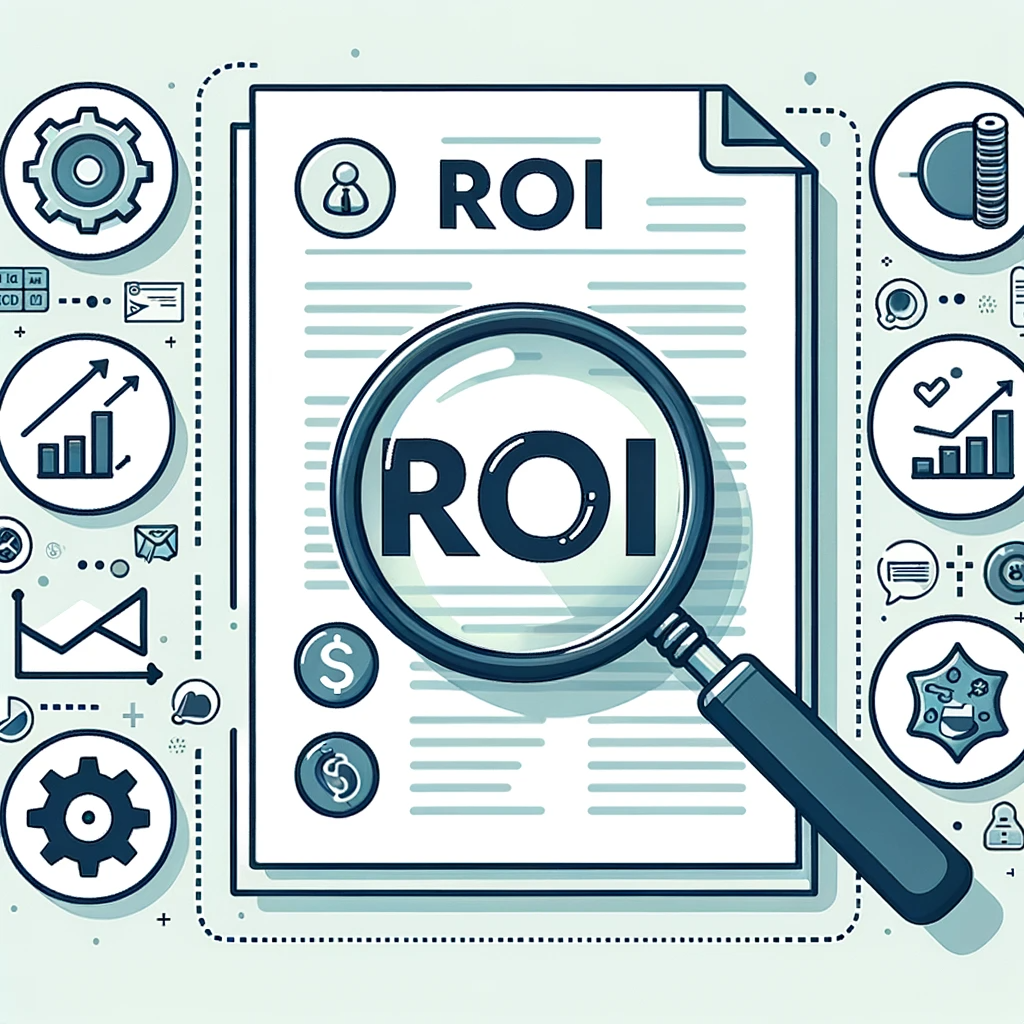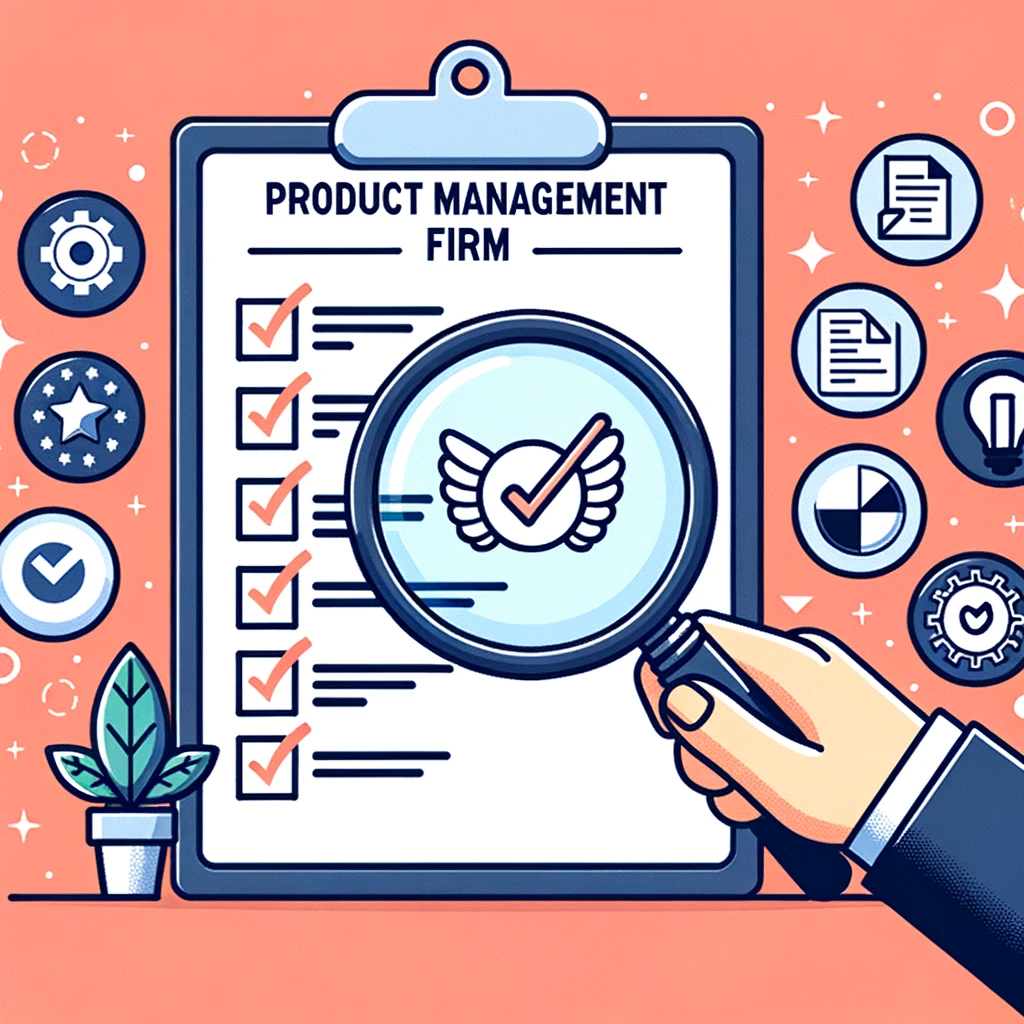In an era where the product lifecycle is more complex than ever, choosing the right product development company can be the difference between success and failure. The importance of this decision can’t be overstated, especially when the stakes are so high in terms of time, money, and market share.
Who Is This Post For?
This comprehensive guide is tailored for Product Managers, Product Owners, and Heads of Product who are looking to navigate the intricate landscape of product development companies. It aims to give you the insights you need to make informed decisions that can dramatically affect the success of your product.
What Will You Gain?
By the end of this post, you’ll walk away with a clear understanding of the key considerations to keep in mind when evaluating product development companies. We’ll dissect the criteria that matter the most, providing you actionable insights to help you make an informed choice.
The Rise of Product Development Companies
It’s no secret that the role of product development companies is evolving at an unprecedented rate. In today’s hyper-competitive landscape, internal teams are often stretched thin, lacking the time or specialized skills to bring a product from concept to market on their own. This is where external product development companies come into play, offering a viable solution for businesses looking to innovate quickly and efficiently.
As businesses strive to stay agile, they are increasingly relying on specialized companies that can handle all the complexities involved in creating a product. Whether it’s software, hardware, or a combination of both, these external entities bring technical expertise, domain-specific knowledge, and a dedicated team to the table—freeing up internal resources to focus on core competencies.
In essence, the rise of product development companies is not just a trend, but a response to the complex demands of modern product management. It is essential to understand the pivotal role they play in today’s market to effectively leverage their capabilities for your product’s success.
The Risks of Making the Wrong Choice
When it comes to partnering with product development companies, the ramifications of making an ill-informed decision can be far-reaching and costly. So, what exactly is at stake?
Financial Losses: The immediate concern is, of course, financial. If the company you partner with fails to deliver on time or within budget, you’re looking at a substantial financial setback.
Product Quality: Poorly executed development can lead to a product that’s subpar in quality. Not only will this disappoint your customers, but it can also tarnish your brand’s reputation.
Time Delays: Time is money in the world of product management. A delay in development timelines can mean missing out on crucial market opportunities, especially if competitors beat you to the punch.
Resource Drain: A wrong choice can drain your internal resources as well, as your team will have to spend time and effort in rectifying mistakes or even starting from scratch in some instances.
Intellectual Property Risks: In worst-case scenarios, inadequate vetting of a development partner could put your intellectual property at risk, particularly if you haven’t secured proper legal agreements.
In summary, failing to properly evaluate product development companies can result in financial loss, wasted time, and compromised product quality. Therefore, due diligence is not just recommended, it’s imperative.
If you want to know more about finding the right Product Consultancies? Feel free to check out these articles on the subject:
- Why top product management consulting firms are essential for scaling your business.
- Unlock Success with Top-Tier Product Management Consulting Companies.
- Should you hire a Product Management Consulting Firm?
Now, let’s move on to the 7 considerations.

Consideration #1: Technical Expertise
The cornerstone of any successful partnership with product development companies lies in their technical expertise. But why is this so crucial?
Up-to-Date Skills: Technology is constantly evolving. Companies that keep their teams up-to-date on the latest tech trends and tools will be more likely to deliver a product that’s not just functional but also cutting-edge.
Domain Expertise: Beyond general technical skills, domain expertise is essential. A development company specialized in your product’s domain will have a better understanding of the unique challenges and opportunities it presents.
Quality Assurance: Expertise translates to quality. A technically adept team will have rigorous QA processes in place, ensuring that the final product meets high standards.
Innovation: Companies with strong technical skills are more likely to bring innovative solutions to the table, rather than just executing orders. They can act as thought partners, elevating the product beyond your initial vision.
Problem-Solving: When unexpected issues arise, a technically proficient team can quickly identify and implement solutions, saving both time and resources.
In a nutshell, technical expertise isn’t just about coding skills or familiarity with certain tools. It’s about a comprehensive understanding of how to build a successful product from the ground up, and it’s an essential criterion for selecting among product development companies.
Consideration #2: Portfolio & Past Work
When you’re in the market for product development companies, one of the most reliable indicators of competence is their portfolio and past work. But why is this so important?
Proof of Concept: A portfolio showcases not just the company’s skillset but also its ability to turn an idea into a tangible product. It’s the ultimate proof of concept.
Quality Assessment: Examining past projects allows you to assess the quality of their work objectively. Look for products that are functionally robust and aesthetically pleasing.
Industry Relevance: Companies that have experience in your specific industry or domain are likely to be more attuned to its nuances. This can significantly reduce the learning curve and lead time for your project.
Client Testimonials: Past work often comes with client testimonials. These first-hand accounts can provide critical insights into the company’s reliability, professionalism, and capability.
Risk Mitigation: By thoroughly evaluating a company’s portfolio, you reduce the risk of partnering with a firm that can’t meet your project requirements.
In summary, scrutinizing the portfolio and past work of product development companies can provide invaluable insights that help you make an educated decision.
Consideration #3: Cultural Fit
Often overlooked, cultural fit between your organization and the product development companies you consider can play a significant role in the project’s success. Why is this?
Communication Styles: A culture that values open and transparent communication will make the project run more smoothly. Misunderstandings or misinterpretations can be quickly clarified, saving time and reducing friction.
Work Ethics: Companies that share your work ethic will be more aligned with your project goals and deadlines, ensuring a cohesive effort towards product development.
Core Values: When both companies have similar core values, the mutual understanding can result in a more productive and enjoyable working relationship.
Conflict Resolution: A good cultural fit helps in resolving conflicts or disagreements more effectively, as both parties are likely to have similar approaches to problem-solving.
Long-term Partnership: A company whose culture aligns with yours is more likely to make for a successful long-term partner, which is particularly valuable for ongoing or future projects.
Cultural fit may seem like a soft criterion compared to others, but it can be the glue that holds a project together, especially when challenges arise.
Consideration #4: Budget & Pricing Models
Budget is often a decisive factor when it comes to selecting among product development companies. Understanding the pricing models available can guide you toward a choice that suits your financial parameters. Here are some common pricing models:
Fixed Price: This model gives you a set cost for the entire project, offering predictability but less flexibility for scope changes.
Hourly Rates: You pay for the time spent by the team on your project. This model offers flexibility but can be less predictable in terms of costs.
Retainer: This involves a recurring payment for ongoing services, which is often beneficial for long-term projects requiring continuous work.
Milestone-Based: Payments are tied to the completion of specific project milestones, combining aspects of predictability and flexibility.
Value-Based Pricing: This less-common model sets the price based on the perceived value of the project outcome, rather than the hours spent or milestones reached.
When considering your budget, also take into account the potential return on investment (ROI) the project can bring, as the cheapest option may not always offer the best value.
In sum, different pricing models have their own set of pros and cons. Evaluating them carefully will help you find a partnership that aligns with both your project goals and budgetary constraints.
Consideration #5: Communication
Clear and transparent communication is a cornerstone for successful collaborations, especially when you’re working with external product development companies. But why is this factor so crucial?
Avoiding Misunderstandings: Proper communication channels eliminate ambiguities, making sure everyone is aligned on objectives and deliverables.
Timely Updates: Regular and structured communication ensures that you’re kept in the loop regarding project status, potential issues, and any adjustments in timelines.
Decision-Making: Effective communication facilitates quicker and more informed decisions, reducing the project’s time to market.
Stakeholder Management: Open channels keep all stakeholders updated, fostering a sense of involvement and alignment across teams.
Conflict Resolution: When problems arise, efficient communication is key to resolving them swiftly, minimizing delays and additional costs.
Given its undeniable impact on project outcomes, the quality of communication should be a major consideration when evaluating product development companies.
Consideration #6: Project Management Approach
Different product development companies may employ various project management methodologies, like Agile, Scrum, Waterfall, or Kanban. Understanding these approaches can offer valuable insights into how your project will be managed.
Agile: This iterative approach allows for more flexibility and quicker adjustments, making it suitable for projects where requirements may evolve.
Scrum: A form of Agile, Scrum employs sprints to achieve project milestones and allows for high levels of adaptability and rapid delivery.
Waterfall: This traditional, linear approach may be more suitable for projects with well-defined requirements and low likelihood of change.
Kanban: Known for visual project management, Kanban can help improve efficiency through better workload distribution.
Custom Approaches: Some companies may offer hybrid or customized methodologies that combine elements from various frameworks.
The choice of project management methodology can significantly impact timelines, costs, and the quality of the final product. Therefore, make sure to discuss these methodologies in-depth when consulting with potential product development companies.
Consideration #7: Long-term Partnership Potential
When considering product development companies, don’t just think in terms of a single project. Evaluate the potential for a long-term working relationship. Here’s why this is important:
Consistency: A long-term partnership ensures a consistent approach to all your projects, resulting in cohesive product portfolios.
Reduced Learning Curve: Over time, the company will become familiar with your brand, your goals, and your market, leading to quicker project kick-offs.
Financial Efficiency: Sustained partnerships can often result in cost efficiencies, as repeated collaborations can streamline operations.
Trust and Reliability: The longer you work with a company, the stronger the mutual trust and reliability, factors that contribute significantly to project success.
Strategic Alignment: A long-term partnership can evolve into a strategic alliance, where both parties are deeply invested in mutual success.
Considering the long-term partnership potential of product development companies can add another layer to your evaluation process, but it’s a layer that could prove to be incredibly beneficial.
Conclusion
Selecting the right partner from among various product development companies is a multifaceted decision with long-term implications. From technical expertise to budget considerations and cultural fit, each factor plays a crucial role in determining the success of your projects.
For Product Managers, Product Owners, and Heads of Product, a thorough evaluation using these considerations will not only enhance immediate project outcomes but also open doors for enduring, strategic partnerships.
Armed with this guide, you’re now better prepared to make an informed decision that aligns with both your immediate needs and long-term objectives.
FAQ
What are the key considerations when choosing among product development companies?
Key considerations include technical expertise, portfolio and past work, budget and pricing models, cultural fit, communication channels, project management approach, and the potential for long-term partnership.
How important is the cultural fit with product development companies?
Cultural fit is a vital factor that can impact team dynamics, decision-making, conflict resolution, and overall client satisfaction. It should be a significant part of your evaluation process.
How can a long-term partnership with product development companies be beneficial?
Long-term partnerships offer benefits like reduced learning curves, cost efficiencies, and the opportunity for strategic alignment. Over time, this can result in more cohesive and successful product development.
Let’s Navigate Your Product to Success Together!
Are you considering hiring a product development company for your business?
Mesh Firm is experienced in developing products to drive more revenue, reduce costs or increase team productivity.
Feel free to connect with us here or check out some of our consultants here.



